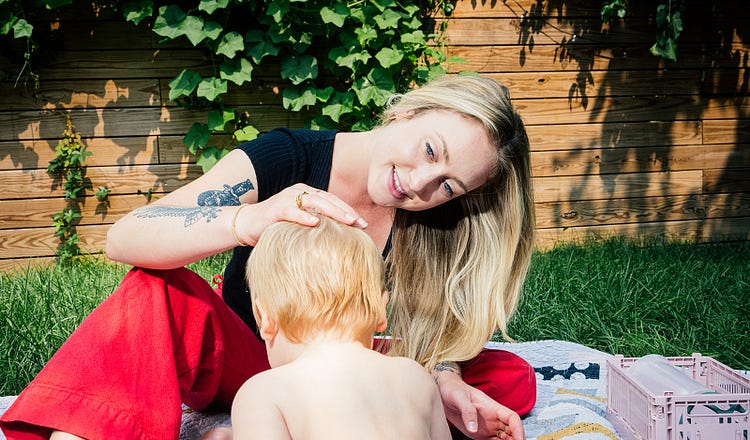The Benefits of Being a Young Mom

The author and her son at home. (All photos by Jutharat Pinyodoonyachet for The Free Press)
Every time I peek at the mommy chat rooms, I wonder: What is making them so anxious? And whatever happened to the time-honored tradition of winging it?
123
In February last year, while hiking in California’s Yucca Valley, I realized I was probably pregnant.
I was 25 years old and had hoped to have more time to travel and write and get lost in the desert among the agaves, far away from my home in New York City, before having a baby. But the plus sign on my pregnancy test indicated that those plans would be …
Continue Reading The Free Press
To support our journalism, and unlock all of our investigative stories and provocative commentary about the world as it actually is, subscribe below.
$8.33/month
Billed as $100 yearly
$10/month
Billed as $10 monthly
Already have an account?
Sign In


